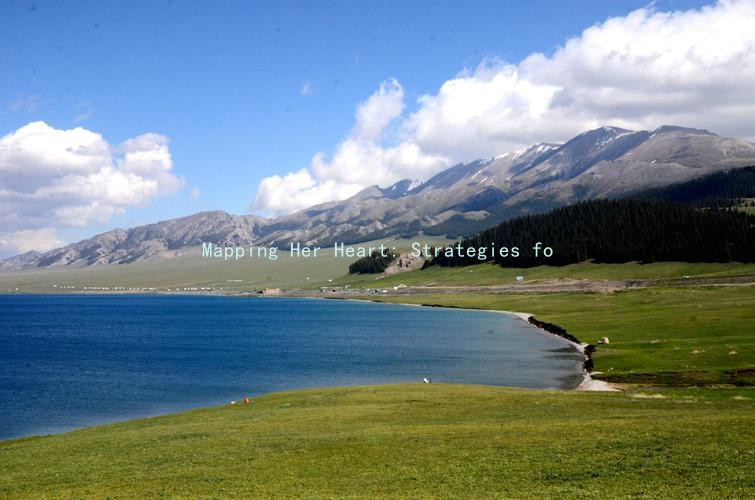Passion and Protocol: Tips for Discussing Sexuality Across Cultures
In our increasingly interconnected world, discussing sexuality can be a complex yet crucial aspect of building relationships. Different cultures have varying norms and values surrounding sex, intimacy, and romance. Navigating this terrain requires both sensitivity and skill. Here are some tips for effectively discussing sexuality across cultures while fostering connection and understanding.
1. Cultivate Cultural Awareness:
Before engaging in conversations about sexuality, take the time to educate yourself about the other persons cultural background. Understanding their beliefs, values, and social norms surrounding sexual topics can help avoid misunderstandings. This knowledge will also demonstrate your respect for their culture and willingness to engage thoughtfully.
2. Start with General Topics:
Approaching sensitive topics like sexuality can be daunting. Begin with broader discussions about relationships and intimacy. This can create a comfortable environment for both parties. As you establish trust, gradually introduce more specific topics related to sexuality.
3. Use Open-Ended Questions:
Encourage dialogue by asking open-ended questions. Instead of asking, Do you like intimacy? try phrasing it as What does intimacy mean to you? This not only provides insight into their perspective but also allows them to share their thoughts in a non-threatening way.
4. Share Personal Experiences:
When discussing sexuality, sharing your own experiences can bridge the gap between cultures. This fosters a sense of vulnerability and openness. Make sure to frame your experiences in a way thats relatable and respectful, while also inviting them to share their own stories.
5. Be Respectful of Boundaries:
Conversations about sexuality can easily overstep personal boundaries. Be mindful of the other persons comfort level and be prepared to change the topic if they seem uncomfortable or unwilling to discuss. Respecting boundaries is vital in establishing trust and rapport.

6. Embrace Nonverbal Communication:
Cultural differences extend beyond words. Pay attention to nonverbal cues such as body language, facial expressions, and tone. These cues can help you gauge the other persons comfort and interest in the conversation. Adjust your approach based on these signals.
7. Normalize Different Perspectives:
Understand that attitudes towards sexuality can vary immensely across cultures. Normalize the idea that different perspectives are valid and worthwhile. This can create a more open atmosphere for discussion, reducing the likelihood of judgment or discomfort.
8. Be Patient and Open-Minded:
Cultivating a meaningful dialogue about sexuality takes time. Be patient and don’t rush the conversation. Maintain an open mind, recognizing that differences can enrich your understanding of one another, leading to deeper intimacy within the relationship.
9. Use Humor Appropriately:
When used appropriately and in the right context, humor can lighten the mood surrounding otherwise heavy discussions. However, be cautious about cultural sensitivities regarding humor, as what is funny in one culture may be offensive in another.
10. Promote Mutual Learning:
Invite the other person to share their cultural views on sexuality, and be prepared for a two-way exchange of ideas. This approach transforms the conversation into a learning experience for both parties, enriching your relationship while fostering an understanding of each other’s backgrounds.
In conclusion, discussing sexuality across cultures can be challenging but also incredibly rewarding. By approaching these conversations with cultural awareness, respect, and an open heart, you can deepen connections and foster a more profound understanding of each other’s experiences and values. Whether these discussions lead to a romantic relationship or a meaningful friendship, the insights gained can enhance your interpersonal skills and cultural competence.





